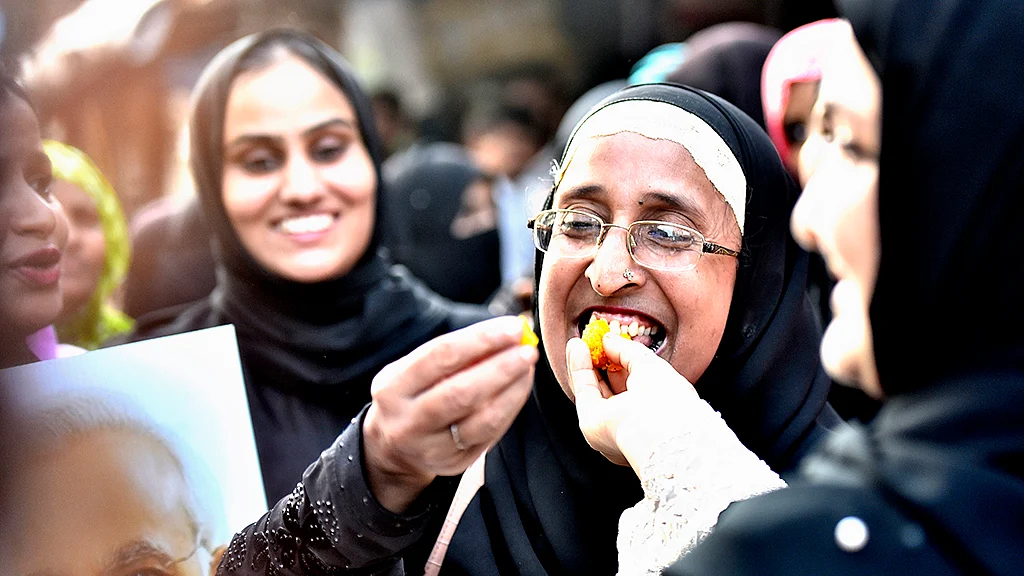Here’s how the newspapers reacted to the SC verdict on instant triple talaq
SC struck down the age old practice of instant triple talaq on Tuesday. Though it was widely welcomed, some see it as baby step towards creation of a civil legal code based on gender equality

Here’s how the leading newspapers have reacted to the triple talaq verdict in the editorials of their Wednesday editions:
The Times of India
“The Supreme Court judgment declaring illegal talaq-e-biddat or triple talaq – the practice of instant, unilateral and irrevocable divorce – ends a source of injustice that put certain sections of Sunni Muslim women at a great disadvantage,” says Times of India in an editorial: Forever expunged: Sanctity bestowed on personal laws ensured triple talaq escaped legal gaze for far too long. It further notes that “The majority verdict attempts a delicate balancing act between individual rights enshrined in Article 14 and religious freedoms guaranteed by Article 25.”
The Economic Times
Describing it as a “limited victory” for Muslim women in India, the Economic Times in an editorial:Supreme Court has done right to quash triple talaq, writes: “It opens the door for a serious engagement towards creating a civil legal code based on the principle of equality.”
Noting that gender equality does not permeate all aspects of civil law, it suggests: “The government should ask the Law Commission to review all personal/civil laws to ensure that these do not violate the fundamental rights guaranteed to all citizens by the Constitution. In doing so, care must be taken to strengthen democracy, rather than weaken it.”
The Indian Express
In an editorial: The whole verdict, The Indian Express pointed out that “In effect, no wide, overarching or immutable principle was laid down by the court — it has not held that all personal laws must henceforth meet the constitutionality or fundamental rights or essential practices test.
It states that the apex court has not unanimously or starkly framed the issue as an opposition between the constitution and personal law, which may seem to some to be a missed chance to uphold constitutional values. “But the lack of stridency and grand claims — while striking down the abominable practice of triple talaq — serves a valuable end: By acknowledging a minority’s community’s aspirations without being disrespectful of its apprehensions, it keeps open crucial spaces for reform,” the editorial reads.
The Hindu
Quoting what Justice Joseph—who was part of the five-judge bench—remarked in his judgement that, “what is bad in theology is bad in law as well,” an editorial titled Undoing injustice: On instant triple talaq verdict, in The Hindu concludes: “The All India Muslim Personal Law Board, and all those who supported its regressive opinion that even an unworthy practice should not be dislodged by judicial verdict, should now accept the verdict in the interests of a modern social order. And there is no reason to contend that their faith has been unduly secularised.”
The Hindustan Times
Another editorial: Triple talaq verdict: Laud SC for coming to the aid of citizens, once again, The Hindustan Times comments that the apex court observed that what is bad in religion is also bad in law, and put an end to the instant triple talaq. Welcoming the court’s verdict, it maintained that “It’s a Red Letter Day for Muslim women and gender justice in India.”
“Besides, efforts of the apex court too need to be lauded – as once again it has risen to the occasion and reasserted its position as protector, enforcer, and guardian of citizens’ rights when governments have failed in their jobs,” it maintains.
Follow us on: Facebook, Twitter, Google News, Instagram
Join our official telegram channel (@nationalherald) and stay updated with the latest headlines